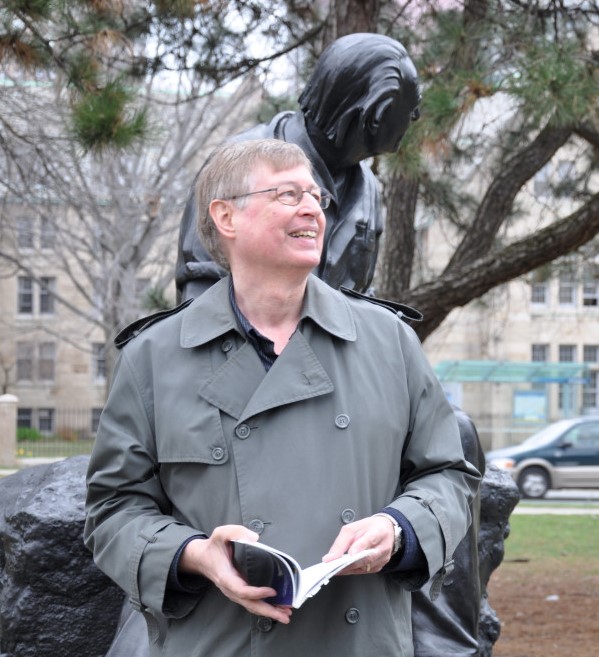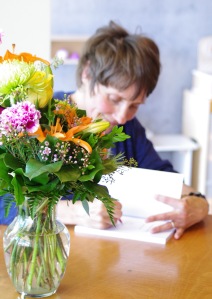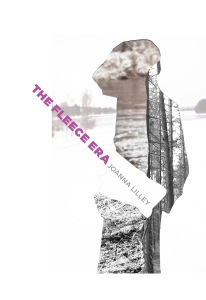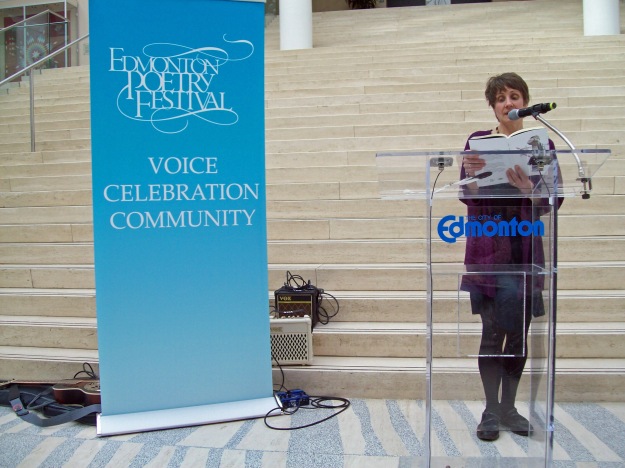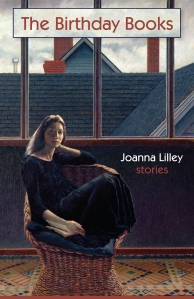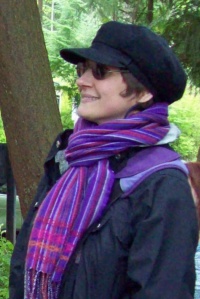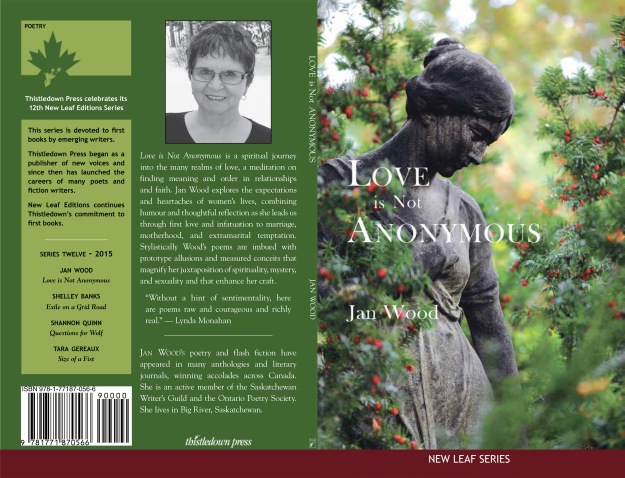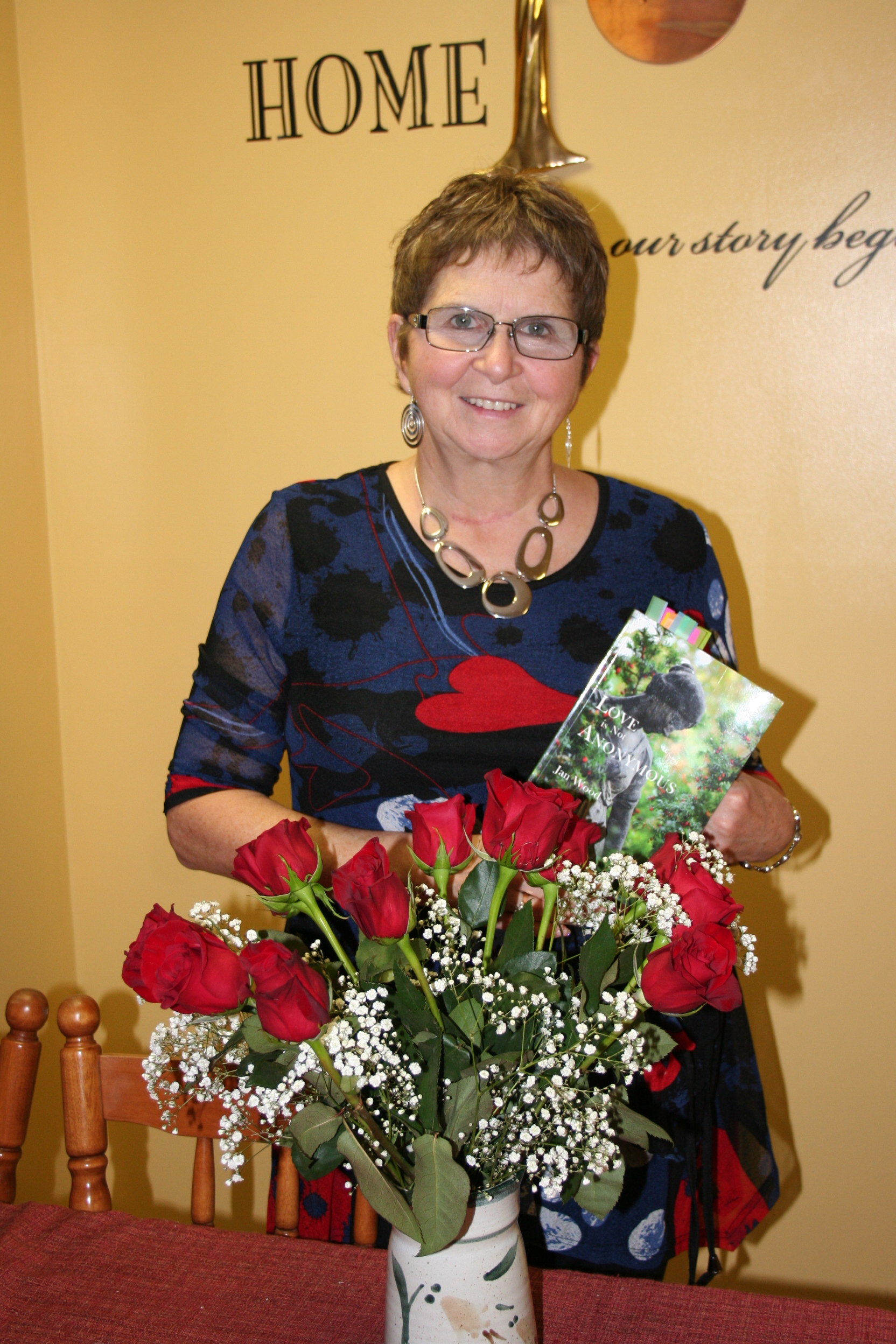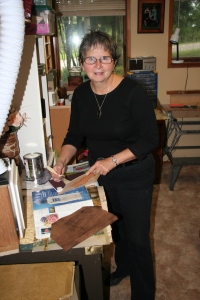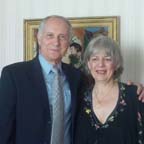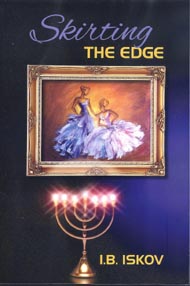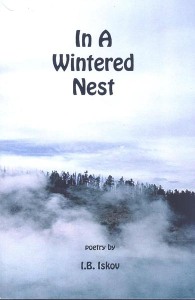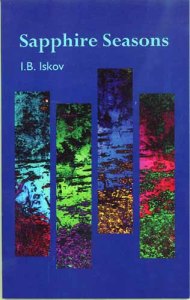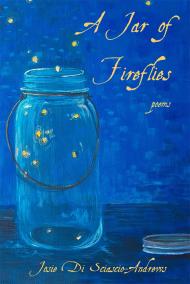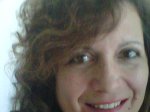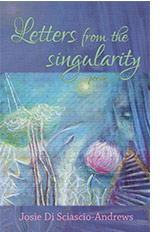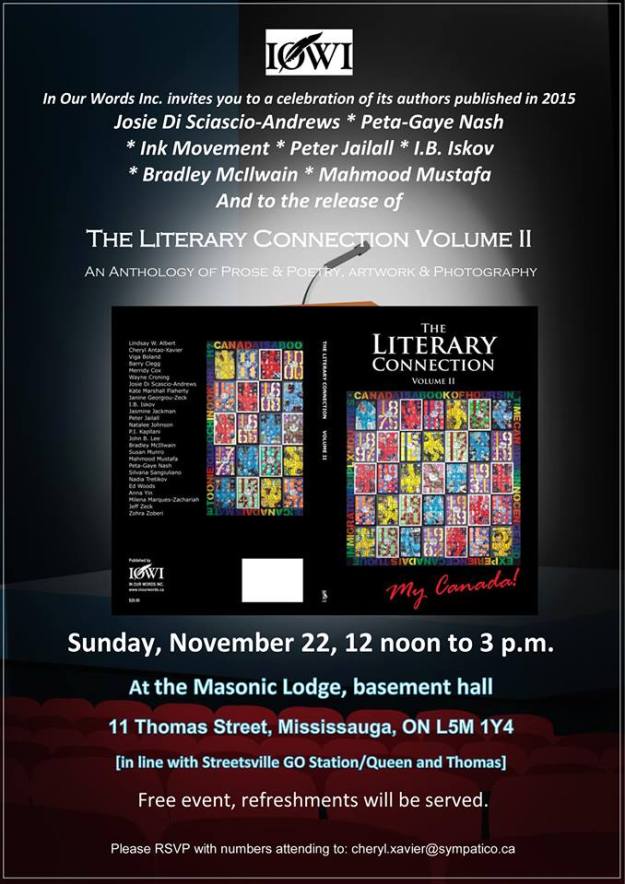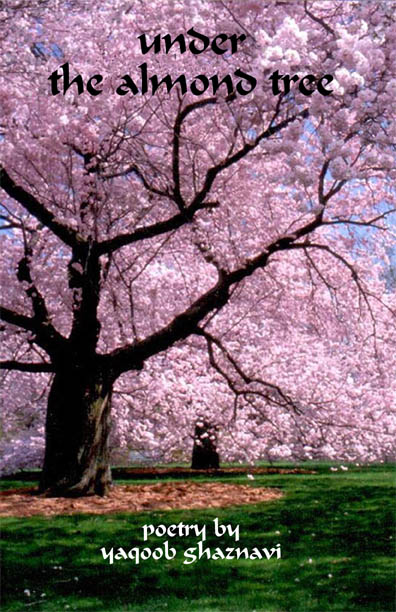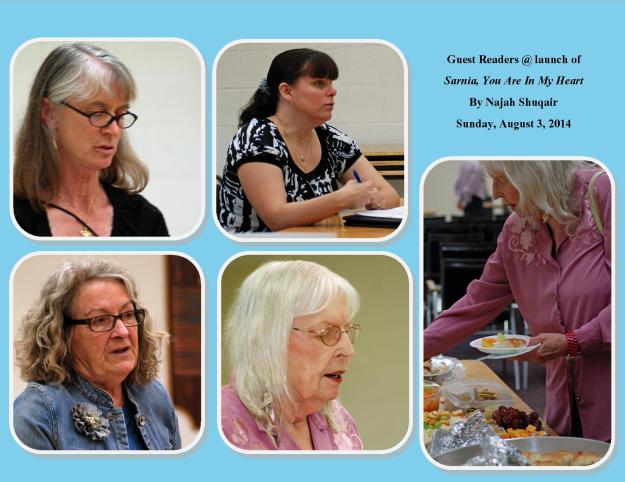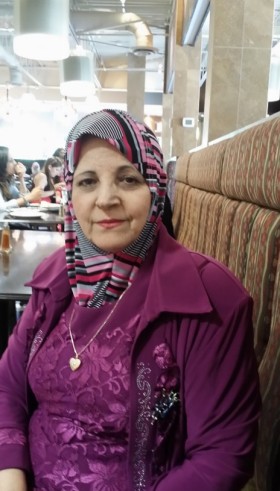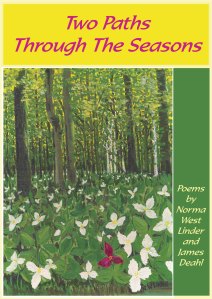my thoughts glide back and forth, back and forth/to the rhythm of my loom – Venera Fazio*
A snip of thread. A quilter’s knot. A running stitch. Canadian writer/editor/poet Venera Fazio uses her extraordinary patience and attention to detail to pull together her passions for fabric art and literature.
Attend a local writers’ workshop in Sarnia and you’ll find Fazio with her quilting supplies. As a quilter, she carefully threads the needle and hand-stitches all the fabric petals and leaves together while listening to her peers read. Step into her home and you’ll find quilts-in-progress on the kitchen island, across her dining room table and in her living room. Several walls display her finished creations featuring vibrant and detailed patterns.
Using these same creative talents, she also meticulously works with words. As an editor, she has co-edited eight anthologies related to her Italian Canadian heritage including the bestselling Sweet Lemons I and Sweet Lemons II.
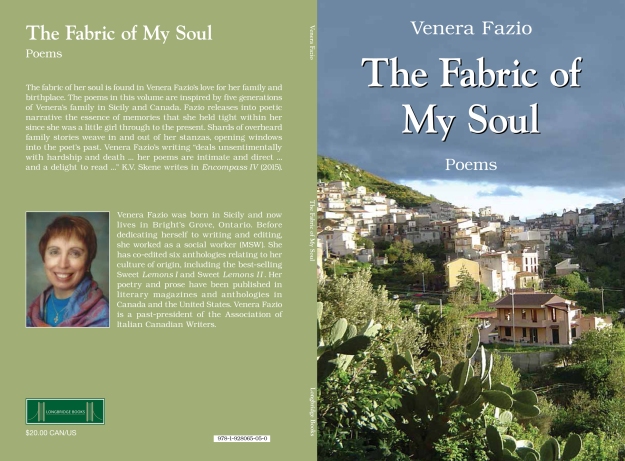
The Fabric of My Soul (Longbridge Books, 2015) is Venera Fazio’s first solo trade publication.
More recently as a poet, she collected familial pieces (both past and present) and wove them together into her first solo trade book. The result was The Fabric of My Soul, a 64-page collection of poems, translations, photos, and short stories published by Montreal-based publisher Longbridge Books. The book resembles a family album, a memoir, and showcase of previously published work including poems from Philadelphia Poets and Italian Canadians at Table plus a short non-fiction piece from Accenti Magazine.
If you think the content of her book is all homespun goodness, it is and isn’t. Many of her peers were struck by her frankness. As Fazio reveals in her poem “Legacy”, “my mother wanted a daughter/to ribbon, stem and satin stitch/rather than me/my tangled French knots/inept fingers caressing books.” (p. 36)
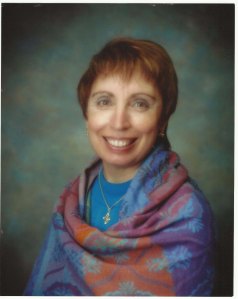
Venera Fazio is a Bright’s Grove editor/writer/poet known nationally for her work with the Association of Italian Canadian Writers (AICW).
Despite the tough childhood and recently revealed secrets, Fazio’s love for family, friends and her culture prevails. “The perfume of the blossoms/sweetened my thoughts/helped me forget.” (p. 50). In the last three lines of her last poem “My hope is/with time, my friends/will be granted the same resilience.” (p. 57)
Soft-spoken and diplomatic with a gentle demeanor, Fazio works diligently and possesses strong organizational skills as evident in her role as a past-president of the Association of Italian Canadian Writers (AICW). Locally, she helped to coordinate Sarnia’s Books and Biscotti literary events both at the Dante Club and in her home plus was a dedicated committee member of Sarnia’s Bluewater Reading series.
To present an objective view of her first poetry collection, (I’ve known Venera for over a decade), below is a review of her book written by John Di Leonardo, co-editor of The Ontario Poetry Society’s Verse Afire.**
A cover photo by Dwayne O’Neill of the lush Sicilian hilltop village of Bafia is an apt image to set the stage for Fazio’s new collection of poems The Fabric of My Soul. Her words weave a tender tapestry of family history and the Italian immigrant experience. Fazio’s poems are laid out between a prologue “My Biography According to the Number Three” and the epilogue “I’ve Got a Secret” both great sections as introduction and conclusion to her poetry. These two segments in the book resonate deeply for anyone new to Canada, the millions of post-war southern Europeans like myself and the author who journeyed by ship from Naples to Pier 21 in Halifax, then onward by train to the various destinations to a better life, where many immigrants as Fazio states “nourished the body//while neglecting the spirit.”
These clear-eyed and intimate poems rise and fall with a lyrical flow to express a wide range of emotions associated with memory, hardships and death.
From the very first poem “Broken” we are guided through secret feelings of loss, as a “shimmering Sicilian sun/stretches/across your tombstone”…we locked your name/in our family closet/sealed it shut with silence,” to family tragedies “I am ashamed//I never visited you/in the psychiatric ward:…you loved your dead son/more than a living daughter.” The hardships are juxtaposed with flavours of new Canadians, “fingers inflamed from pickle factory brine/…At noon she served penne//the colour of family blood.”
Glimpses of self-discovery appear in “Each day of my vacation/in the village of my birth//I drew elixir from the well.” Finally in the last poem, “The Unexpected” a new vision of hope merges. “My hope is/with time, my friends/will be granted the same resilience”.
In the epilogue Fazio writes, “For years, I felt I had two identities, a Canadian one and an Italian one”. This identity crisis is aptly resolved by the inclusion of Italian passages and full (traduzione) translations by Elettra Bedon, for poems such as “Nonna Marie”, “Lasciar andare”, “Tributo”, and “Le mani di mia madre”. Reading these poems in the original thoroughly satisfies the ear for many Italian-Canadian hearts.
Last May, Fazio’s poetry collection was officially launched with Exploring Voice: Italian Canadian Female Writers, another anthology she co-edited with Delia De Santis. Last week, I asked Venera to share her thoughts about her writing process. Below are her responses:
Venera, as past president of the Association of Italian Canadian Writers, you worked so hard to launch the careers of other writers. I was thrilled when I heard that your latest book focuses exclusively on your own work. Describe your new poetry book in a few sentences.
The book connects me with my family that raised me in Dundas, Ontario and the relatives that I only saw about six times in my life.
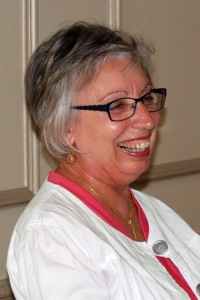
Sharing laughter at a Books and Biscotti event in Sarnia, Ontario.
Which of the poems is your most favourite and why is it important to you?
The poem “Broken” is my favourite because it was written in memory of Zio Carlo Fazio (1922-1969). My uncle Carlo and his family didn’t speak to us for 50 years. The poem pulled us together. It is about forgiveness and how we can only live fully with each other.
How does your work differ from others of its genre? For example, you included black and white photos throughout your book.
I include a lot of history in this book. Some poets concentrate on the family and some just on history. I have melted the two together. And yes, I’ve also included photographs in the book.
Through your editing and volunteer work, you have been a cheerleader for Italian Canadian writers! What motivates you to work so hard for this special group?
When I was growing up, the Italians were frowned upon because of the war. Also they had these stereotypes of Italians being dirty and loud. They also ate smelly food like salami and garlic bread. As an Italian Canadian, I was always conscious of the underclass and so I wanted to focus on Italian Canadian writing. I wanted to let readers know that we weren’t like that. We were intelligent writers and it was my hope that it gave our culture a boost.
What inspires you and who are your mentors?
Quality of writing inspires me. I admire novelist Nino Ricci, author of Lives of the Saints plus poets Gianna Patriarca author of Ciao, Baby and Mary di Michele author of Tenor of Love.
Fazio’s work recently appeared in these two anthologies.
Describe your writing process.
I start with an idea, work at it and then decide it’s wrong. It takes me about ten “go-throughs” to be satisfied with the final product. I also like to go for walks. That’s when I get my ideas and thoughts for revisions. I usually create and edit my drafts straight onto the computer. My favourite place to write is in my downstairs office where it is quiet.
What are you currently working on?
I am currently working on a chapbook of poems focusing on my cancer journey. So far I’ve completed seven poems and hope to do a few more.
The news of your medical condition came as quite a shock to many of your close friends. It is inspiring to see you back at your writing and to hear some of your new poems. Do you have any other plans for the future?
Yes, I’m going to do lots of travelling. I have several trips already planned. It gives me something to look forward to.
Venera, I look forward to reading more of your work as well as hearing news about your adventures. Thank you for welcoming me into your home and sharing your thoughts with me.
According to the back cover of her book: Venera Fazio was born in Sicily and now lives in Bright’s Grove, Ontario. Before dedicating herself to writing and editing, she worked as a social worker (MSW)…Her poetry and prose has been published in literary magazines and anthologies in Canada and the United States.
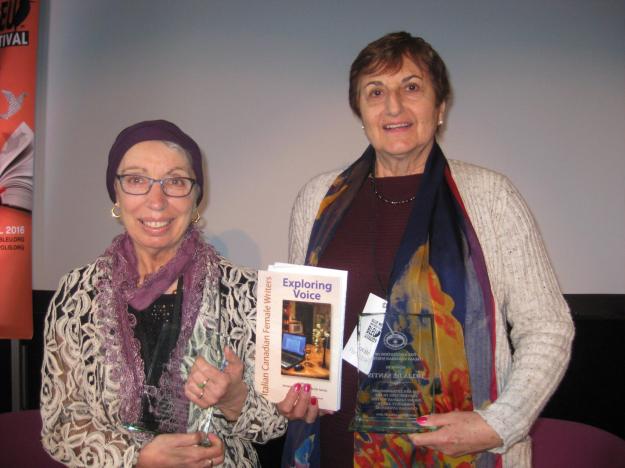
Exploring Voice: Italian Canadian Female Writers is the eighth anthology focusing on Italian Canadian culture that Venera has co-edited. Here, she and co-editor Delia De Santis are honoured for their contributions.
In April 2016, the Association of Italian Canadian Writers (AICW) presented her and her writing/editing friend Delia De Santis with an award for their “extraordinary contributions to the Italian Canadian writing community and to Canadian literature.” See more info here.
An essay, “On Writing and Dreaming”, written by Fazio appears on the Gloria Pearson-Vasey website.
*from the poem “The Fabric of My Soul” published in the book The Fabric of My Soul (Longbridge Books, 2015) page 28. Reprinted with the author’s permission: Copyright ©2015 Venera Fazio.
**John Di Leonardo’s review first appeared in the May to Sept. 2016 issue of Verse Afire. Reprinted with permission. Additional information about Di Leonardo can be found on his website.
Watch this blog for additional Canadian Author and Poet Profiles.



